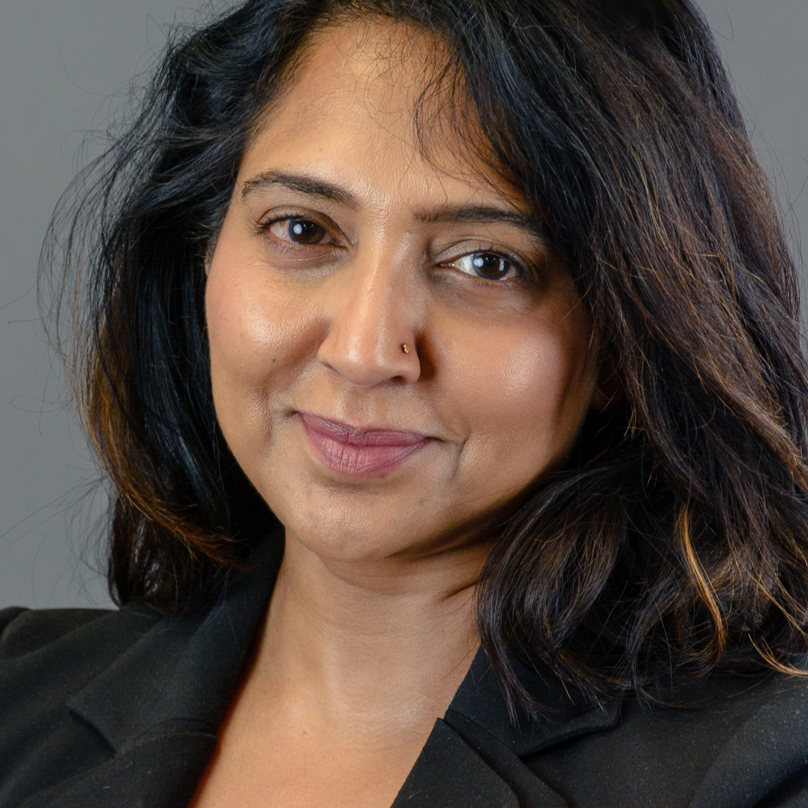"Ask the expert" articles provide information and insights from MSU scientists, researchers and scholars about national and global issues, complex research and general-interest subjects based on their areas of academic expertise and study. They may feature historical information, background, research findings or offer tips.
Zakia Alavi, an associate professor in the Department of Pediatrics and Human Development at MSU’s College of Human Medicine, has advice on how to talk to children and teenagers about the Oxford High School shooting on Tuesday, Nov. 30, where a 15-year-old student opened fire killing several people.
Here are Alavi’s recommendations:
The first thing to know is, there is no right or wrong way to address this. Any talking is better than no talking in terms of allowing children to express themselves and their concerns. I suggest organizing advice in three categories:
- Providing reassurance regarding safety
- Regulating your own expression of angst or fear
- Being proactive -- things you can do rather than just worry
It’s important to know that pre-teens and younger children generally see events as related to them, because of them, or for them. Teenagers generally want to know how events will affect them and what could have been done differently. It’s important that adults bring this up if the kids don’t and reassure them that they are safe.
Parents, teachers and caregivers must be aware of their own anxiety and regulate that emotion in front of children because it goes a long way toward feeling that everything will be okay. We want kids to feel the adults in their lives can keep them safe. There is nothing more terrifying for kids than thinking their family is not in control.
Also, it’s wise to limit kids’ consumption of social media and TV because repeated coverage can be re-traumatizing. A key to moving forward is to have a family discussion about becoming active in creating student or parent or community support groups. Channeling energy can be productive for young adults and restore faith in control and safety.
Lastly, we should empower children to be agents of change. This is not asking them to run for political office, but it sends the message that 'you're not powerless. You do have power.' It goes a long way toward mitigating a sense of hopelessness and helplessness when there's a tragedy like the Oxford High School shooting.
